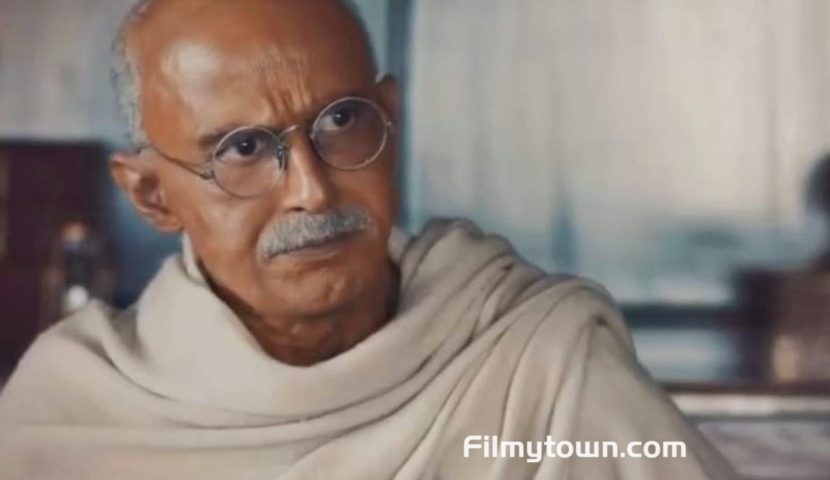The feeling of losing someone you love is painfully and passionately expressed in Madhur Sharma’s Woh Mulaqat. Known for his emotional and resonant compositions, Singer-Songwriter Madhur Sharma reveals the poignant journey behind his latest track, Woh Mulaqat. Composed by Chirag Soni and written by Vishal Pande, this soulful melody takes listeners through the intricate exploration of losing someone you love.
In Woh Mulaqat, Madhur Sharma eloquently expresses the profound pain of losing a loved one and the haunting memories that persist long after the parting moment. Pouring his grief into a soulful melody, Madhur’s song serves as a personal reflection on the irrevocable loss, showcasing the inner turmoil and enduring emptiness that follows.
Sharing his thoughts on the song, Madhur Sharma says, “The process of bringing Woh Mulaqat to life was truly cathartic. Having lost my parents at a young age, that pain still aches deeply in my heart. I decided to channel those emotions into this beautiful song. Woh Mulaqat is authentic and meaningful, resonating with those who have experienced the complexities of love and loss.”
Originally from Bhopal and now based in Bombay, Madhur Sharma embarked on his musical journey in 2012. His passion for music led him to the city of dreams, where he began his career as a live performer. With over 1500 shows across the country and a massive following on Instagram, Madhur Sharma is recognized as “One of India’s most viral singers.” He has shared the stage with Bollywood luminaries like Neha Kakkar and Asees Kaur, gaining popularity for reshaping Nushrat Khan’s Qawwali for the new generation.
Notable works in Madhur’s repertoire include “Kali kali zulfon ke,” “Biba sada dil,” “Kehna galat galat,” “Kaho Na Pyaar Hai,” “Mere Baad Kisko Sataoge,” and the previously successful “Samandar Sharab,” with its one-minute version becoming a superhit, leading to the release of the full version.




